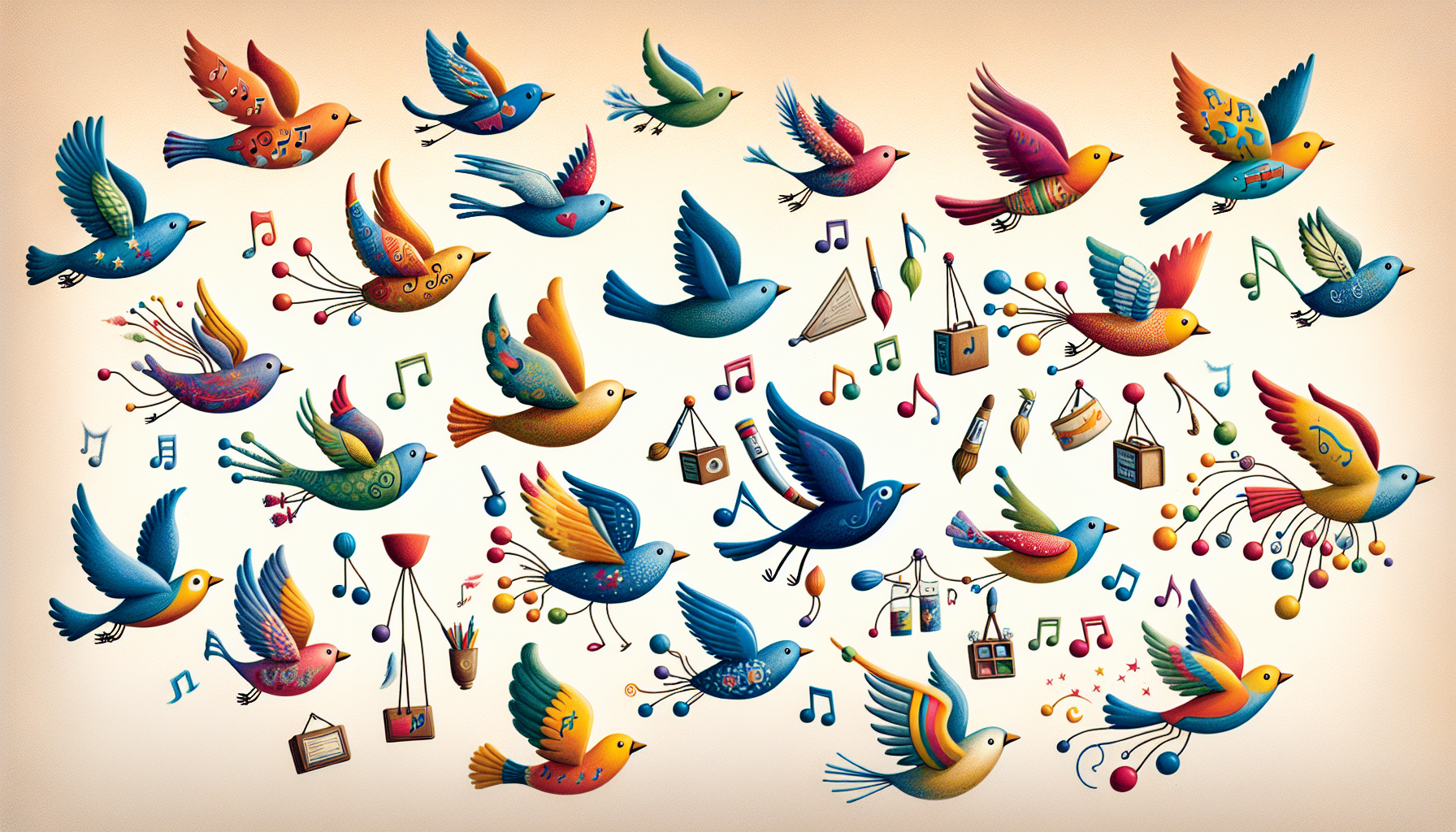The Healing Ink: How Tattoo Art Transforms Lives

Tattoos can be a form of therapy, especially for individuals who have endured trauma, loss, or significant life transitions. The act of permanently marking the skin often symbolizes reclaiming one’s body, which may have felt alien or violated due to painful experiences. For example, Sarah, a survivor of domestic violence, found solace in tattoo artistry after escaping her abusive relationship. Feeling disconnected from her body, Sarah collaborated with a tattoo artist to create an empowering design: a phoenix rising from the ashes. This tattoo became a daily affirmation of her strength and resilience, helping her reclaim her identity and fostering a sense of empowerment in her new life. Mark’s experience further illustrates the therapeutic potential of tattoos. After losing his father to cancer, he sought a way to honor his father’s memory and process his grief. He decided to get a tattoo of his father’s handwriting, featuring a simple phrase that encapsulated his father’s wisdom and love. For Mark, this tattoo served not only as a tribute but also as a tangible connection to his father, allowing him to navigate his emotions and keep his father’s spirit alive. Such stories underscore how tattoos can act as vessels for healing, encapsulating profound personal narratives.
The Role of Tattoo Artists
Tattoo artists are indispensable in the healing journeys of their clients. Many artists specialize in creating a safe and supportive environment for individuals seeking tattoos as a form of therapy. They actively listen to clients’ stories, collaborating to design tattoos that hold significant meaning. This partnership fosters trust and understanding, enabling clients to express their emotions through art. Take Emily, for instance, a tattoo artist who specializes in cover-up tattoos. She has witnessed the transformative potential of her craft firsthand. One poignant case involved a client who wanted to cover a tattoo that represented a painful chapter in her life. Together, they designed a new piece that reflected her journey toward healing. Emily emphasizes the importance of the conversations that occur during the tattooing process. For many clients, these sessions become rituals of healing, allowing them to confront their emotions and reclaim their narratives.
Psychological Benefits
The psychological benefits of tattoos extend beyond individual anecdotes. Research has demonstrated that tattoos can significantly improve self-esteem and body image, particularly for those who have experienced trauma or struggle with body dysmorphia. The choice to modify one’s skin empowers individuals to embrace their stories and scars rather than conceal them. A tattoo can symbolize survival, strength, and transformation, fostering a sense of agency over one’s body. Moreover, the act of getting a tattoo can trigger the release of endorphins, creating feelings of euphoria and comfort. This physiological response can be especially beneficial for individuals dealing with anxiety or depression, providing a temporary escape and a tangible representation of hope and resilience. The ink becomes more than just a design; it evolves into a powerful emblem of personal growth and recovery.
The healing power of tattoos transcends aesthetics; it embodies a profound form of self-expression and reclamation for countless individuals. Through personal narratives and the compassionate hands of tattoo artists, the process of tattooing transforms lives, allowing people to confront their pasts, celebrate their resilience, and embrace their identities. As we continue to explore the multifaceted world of body art, it becomes increasingly evident that tattoos can heal, empower, and inspire. For those seeking to reclaim their narratives, the ink can indeed serve as a powerful balm for the soul. The journey into tattoo artistry is not merely about the ink—it is about the stories behind it, the connections formed, and the healing that unfolds. As we delve deeper into this realm, we discover that tattoos are not just marks on the skin; they are profound symbols of human experience, resilience, and the enduring quest for identity and wholeness.
Tattoo Artist Specializing in Therapeutic Tattooing
Independent tattoo studios, wellness clinics, and art therapy centers
Core Responsibilities
Collaborate with clients to design tattoos that resonate with their personal stories and healing journeys.
Create a safe and supportive environment, engaging in meaningful conversations about clients' traumas and aspirations.
Execute high-quality tattoo artistry, ensuring precision and adherence to safety and hygiene standards.
Required Skills
Proficiency in various tattooing styles, with a focus on cover-up and symbolic designs.
Strong interpersonal skills to foster trust and empathy with clients.
Knowledge of psychological principles related to trauma and body image.
Art Therapist with a Focus on Body Art
Hospitals, rehabilitation centers, and private practices focusing on trauma recovery
Core Responsibilities
Facilitate therapeutic sessions using tattooing as a medium for emotional expression and healing.
Develop individualized treatment plans that incorporate body art as a form of therapy alongside traditional methods.
Assess clients’ emotional and psychological needs to tailor art interventions effectively.
Required Skills
Master’s degree in art therapy or a related field, with certification from a recognized board.
Experience in tattooing, understanding the technical aspects of the craft.
Ability to create a non-judgmental and supportive atmosphere to encourage open expression.
Tattoo Shop Manager
Established tattoo studios, franchise tattoo shops, and wellness-focused art centers
Core Responsibilities
Oversee daily operations of a tattoo studio, ensuring compliance with health and safety regulations.
Manage scheduling, client communications, and artist assignments to enhance workflow efficiency.
Cultivate a welcoming environment that promotes client comfort and satisfaction.
Required Skills
Proven experience in management, preferably within a creative or health-focused environment.
Strong customer service skills and the ability to handle sensitive client interactions.
Knowledge of tattoo artistry and an appreciation for the therapeutic aspects of body art.
Marketing Specialist for Tattoo Studios
Tattoo studios, wellness brands, and lifestyle companies focused on self-expression and recovery
Core Responsibilities
Develop and implement marketing strategies to promote tattoo services, focusing on their therapeutic benefits.
Create engaging content for social media platforms, highlighting client stories and artist portfolios.
Conduct market research to identify trends and potential partnerships within the health and wellness community.
Required Skills
Experience in digital marketing, particularly in the beauty, health, or creative industries.
Strong communication skills, with an ability to convey the emotional and psychological impact of tattooing.
Familiarity with SEO and online advertising platforms to maximize outreach.
Community Outreach Coordinator for Tattoo Therapy Programs
Non-profit organizations, community health initiatives, and arts advocacy groups
Core Responsibilities
Design and implement community programs that educate individuals about the therapeutic benefits of tattoos.
Build partnerships with mental health organizations and local artists to promote healing through body art.
Organize workshops and events that provide safe spaces for individuals to explore self-expression through tattooing.
Required Skills
Strong organizational and event management skills, with experience in community engagement.
Ability to communicate effectively with diverse populations, emphasizing empathy and understanding.
Knowledge of mental health resources and the therapeutic applications of body art.


